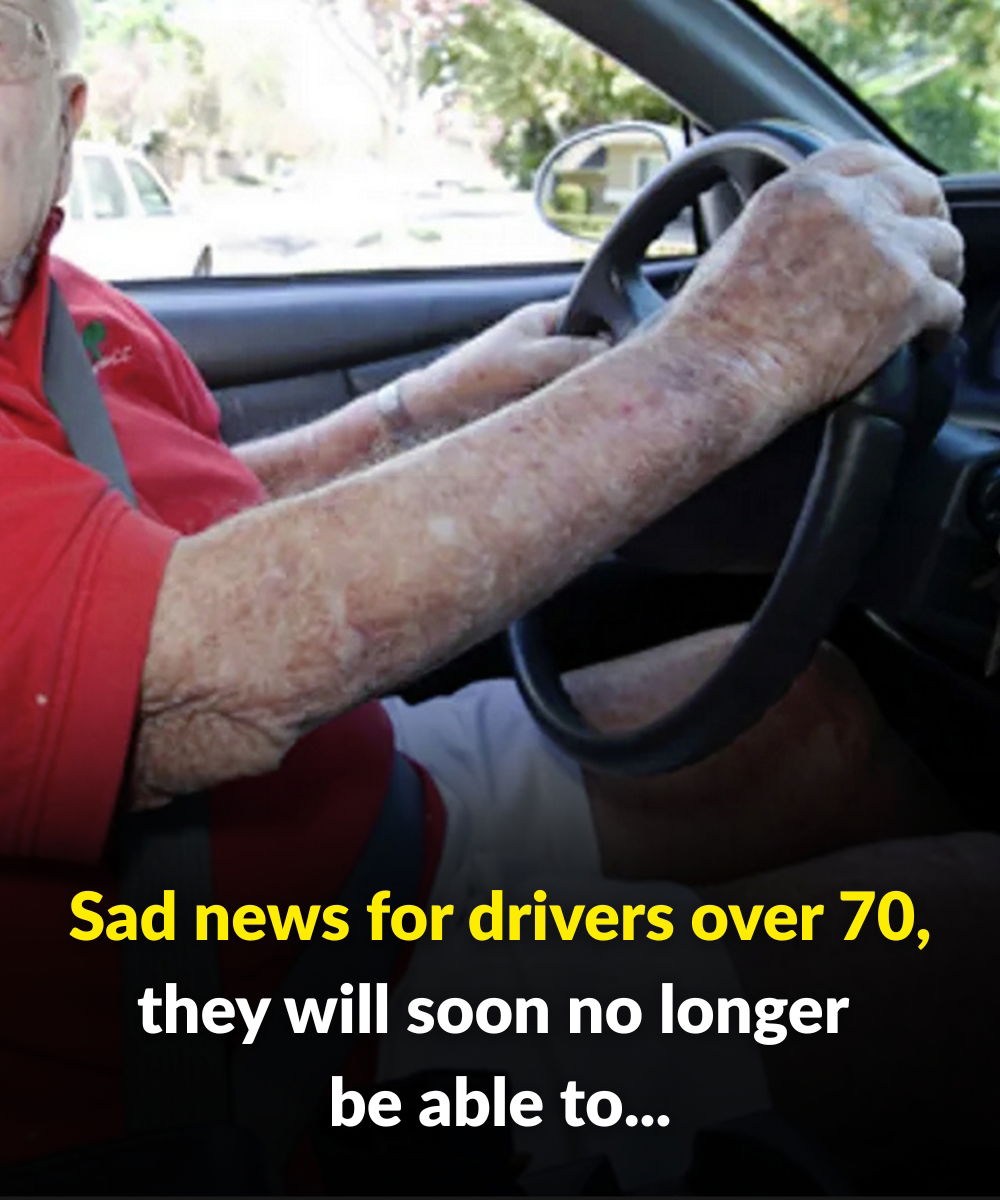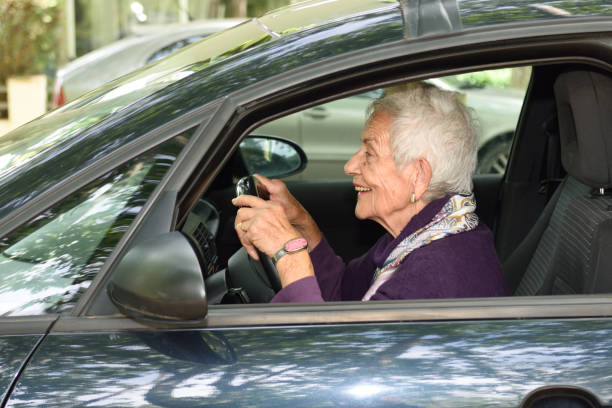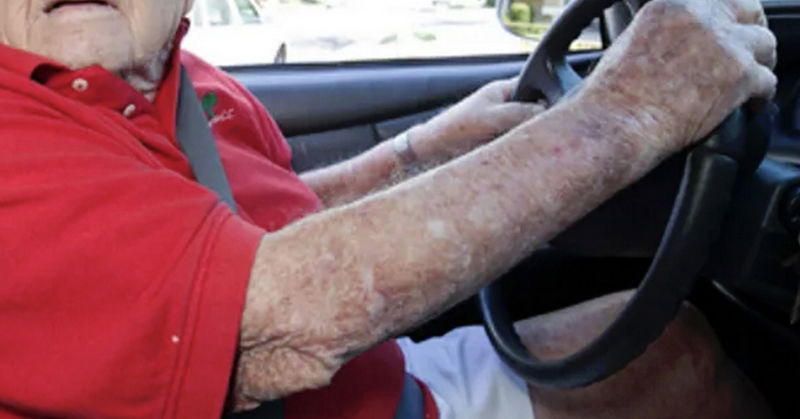The Driving Dilemma: Assessing the Fitness of Senior Drivers
As individuals enter their golden years, the question of whether they remain fit to drive becomes increasingly prominent. While age itself cannot solely determine driving ability, it is essential to recognize that certain age-related changes can indeed pose risks on the road. This raises a crucial question: should older drivers undergo mandatory testing to ensure their skills remain sharp? A tragic incident in La Rochelle, where an 83-year-old driver struck a group of children on bicycles, underscores the urgency of this discussion. Such incidents compel us to consider what measures can be implemented to protect all road users and maintain safety standards.

Understanding the Risks: Age and Driving Safety
Statistics from the Road Safety Authority reveal that drivers over the age of 75 are involved in accidents with alarming frequency—comparable to younger drivers aged 18 to 24. This surprising correlation suggests that age-related declines in vision, hearing, reflexes, and attention span can significantly impair driving abilities. For example, a study by the American Automobile Association (AAA) indicates that older drivers may experience slower reaction times, particularly in high-pressure situations, such as sudden stops or navigating complex intersections. However, this raises the question: is there a legal age limit for driving? In France, the answer is a resounding no. The French B driving license remains valid for life, barring serious offenses or court orders, and there are no mandatory medical examinations or tests for private car drivers as they age.

Contrasting International Approaches
When compared to countries such as Italy and Germany, which impose medical check-ups for drivers over the age of 70 or 75, France’s approach emphasizes individual responsibility. While this autonomy can foster a sense of empowerment, it also raises significant concerns about road safety. For instance, in Germany, mandatory assessments include vision tests and evaluations of cognitive function, which can help identify potential issues before they result in accidents. Conversely, older drivers in France are often left to self-assess their capabilities without formal support. This lack of oversight could potentially lead to dangerous situations, highlighting the need for a balanced approach that ensures safety while respecting personal freedom.

Encouraging Responsible Driving: A Collaborative Approach
To address these concerns, senior drivers can voluntarily seek evaluations from healthcare professionals. This process often includes assessments of key skills such as eyesight, reflexes, and coordination. Furthermore, organizations such as the National Safety Council offer guidance on how seniors can keep themselves and others safe while on the road. For example, evaluations may guide recommendations for safe driving practices, such as limiting driving to daylight hours or avoiding high-traffic situations. Additionally, refresher courses designed specifically for older drivers can be immensely beneficial, allowing them to update their knowledge of traffic laws, road signage, and modern driving technologies, such as adaptive cruise control and backup cameras.
Innovations in Driving: Adapting to Change
Transitioning from a manual to an automatic vehicle can significantly enhance driving ease for seniors, reducing the physical demands that come with operating a traditional car. Automatic vehicles often come equipped with advanced safety features designed to assist drivers, such as lane departure warnings and automatic emergency braking. Across France, workshops are being organized to educate older drivers on such adaptations, alongside personal driving courses that offer tailored instruction and supportive environments. These initiatives not only foster a sense of community but also empower seniors to continue driving safely and confidently, alleviating feelings of isolation that can accompany the aging process.
Changing Perspectives: Embracing Experience Over Stigma
Rather than perpetuating negative stereotypes surrounding older drivers, it is crucial to adopt a more constructive perspective. Seniors often possess decades of driving experience, which can translate into a unique understanding of road conditions and safety measures. For example, a study published in the Journal of Traffic Medicine found that older drivers are less likely to engage in risky driving behaviors, such as speeding or aggressive driving. By focusing on a support system that encourages proactive measures and continuous learning, society can foster an environment where older drivers feel valued rather than stigmatized. This shift in attitude can pave the way for enhanced road safety and greater respect for the elderly population, recognizing their contributions and lifetime experiences.
Conclusion: A Path Forward for Senior Drivers
The debate surrounding the fitness of older drivers to remain behind the wheel is complex and multifaceted. While there are undeniable risks associated with aging, proactive measures, education, and community support can make a significant difference. By encouraging seniors to take charge of their driving capabilities and equipping them with the tools to adapt, we not only enhance their safety but also contribute to the overall safety of our roads. As we move forward, embracing a collaborative approach that respects the rights and experiences of older drivers will be essential in ensuring that they can continue to drive safely and confidently. The challenge lies in balancing safety with the independence that many seniors cherish, and with thoughtful policies, we can pave a safer, more inclusive future for all road users.
